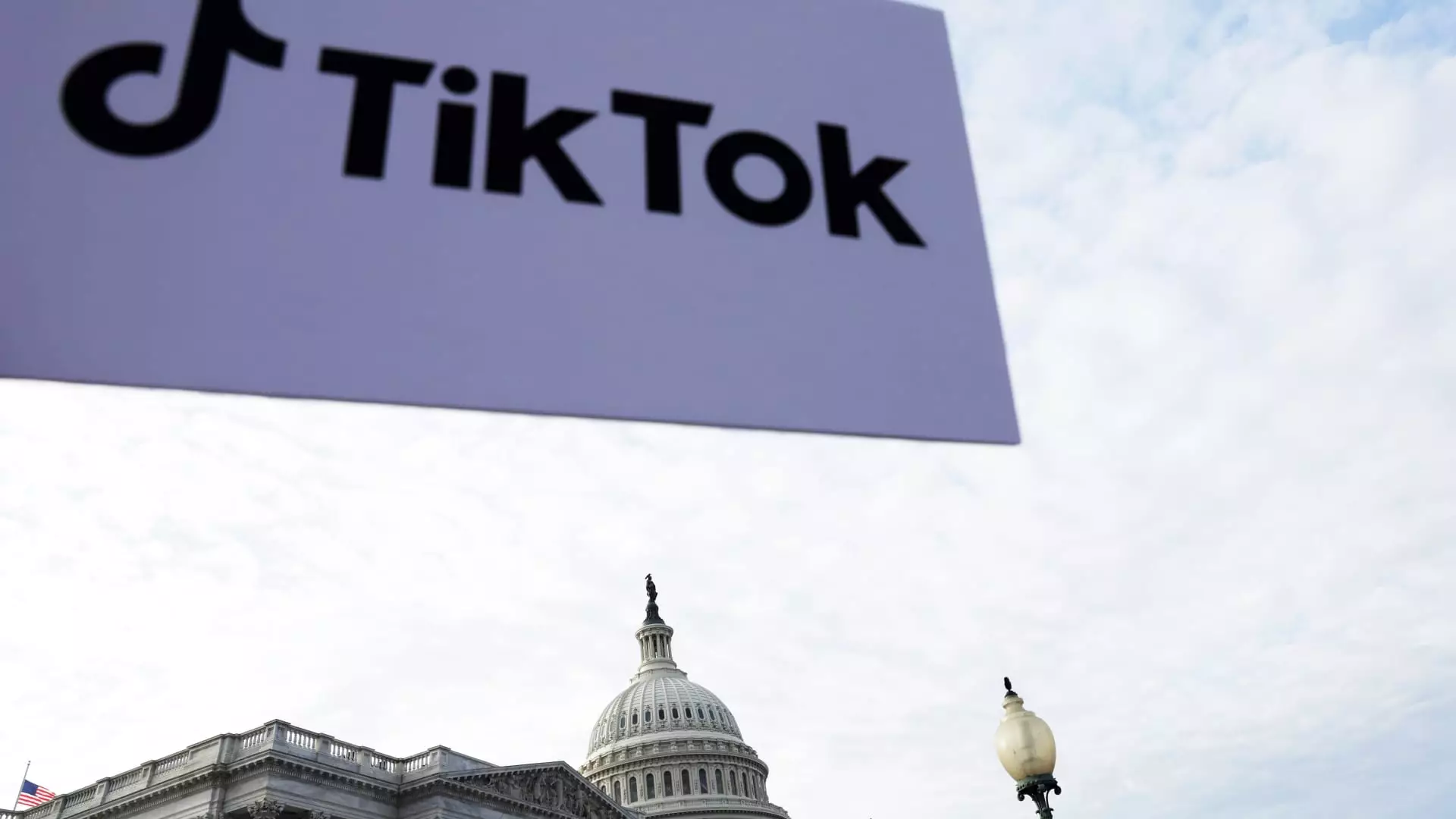As tensions between the U.S. government and Chinese companies persist, a critical deadline looms for TikTok, the globally popular social media platform owned by ByteDance. House Committee members are advocating that both Apple’s Tim Cook and Google’s Sundar Pichai prepare for regulatory changes that could see TikTok effectively banned in the United States come January 19. This situation underscores the broader implications of international relations on technology and business operations within the U.S. market.
Reps. John Moolenaar and Raja Krishnamoorthi, members of the Select Committee on the Chinese Communist Party, have formally reminded the leaders of these tech giants of their obligations as gatekeepers of app distribution. Their communication comes on the heels of a U.S. Court of Appeals decision that reaffirmed a law requiring ByteDance to divest from TikTok. The law emphasizes that without a qualified divestiture, Apple and Google must halt any support for the TikTok app, thus placing significant pressure on these corporate giants.
The letters from the lawmakers reiterated the importance of compliance regarding the new regulations. It is noteworthy that the legislation not only affects TikTok but also highlights the increasing scrutiny and control that U.S. lawmakers wish to impose on foreign technology firms, particularly those linked to nations classified as adversaries.
The potential ramifications of this impending ban extend beyond mere app availability; they could have serious economic ramifications for numerous stakeholders. The lawmakers pointed out that TikTok has had ample time—233 days—to comply with the stipulations outlined in the original law signed by President Joe Biden. The scrutiny directed at TikTok is not merely about data privacy; it reflects a broader agenda aimed at safeguarding U.S. national security from foreign influences.
In this environment, failure to comply could prevent millions of American users from accessing the app, significantly impacting small businesses and creators who rely on it for revenue. TikTok’s own estimate suggests that if banned, the U.S. economy could see a staggering $1.3 billion loss in earnings and sales in just one month. Such figures warrant serious consideration from stakeholders within the U.S. economy, as they emphasize the intertwining fates of tech platforms, creators, and users.
The struggle between TikTok and U.S. legislators has reached a fever pitch as the app’s parent company argues that the forthcoming law is unconstitutional. TikTok announced its intention to appeal, asserting that the law violates the First Amendment rights of its 170 million American users. However, the appellate court dismissed these concerns, asserting that the law is “narrowly tailored” to address security threats posed by foreign adversarial control of apps within the U.S.
Such legal battles are commonplace in the tech industry but serve as a pertinent reminder of how legislation can exert influence over digital ecosystems. The balance that lawmakers seek to create between national security and individual freedom of expression remains a contentious topic of debate.
Adding another layer of complexity to this scenario is the political landscape surrounding TikTok. The ties that certain influential investors, such as Republican megadonor Jeff Yass, have to both TikTok and political figures like President-elect Donald Trump complicate anticipated outcomes. While Trump previously advocated for a ban, evaluating his stance during his current term may be critical in determining the app’s future.
With financial stakes at such high levels, the interests of investors could influence the course of decisions made by lawmakers and business executives alike. Understanding the potential interplay between financial backing and political positions could yield insights into the regulatory environment characterizing technology firms in the U.S.
The path forward for TikTok is fraught with uncertainty, encompassing a mix of legislative pressures, economic implications, and intricate political dynamics. As technology firms navigate an increasingly complex regulatory landscape, their decisions will undoubtedly have lasting repercussions. Executives like Tim Cook and Sundar Pichai must remain vigilant and responsive, as the outcomes not only affect their companies but also the broader digital landscape and its users. The interplay of these factors will shape the narrative of technological governance in the coming months and possibly redefine how nations engage with international tech firms.


Leave a Reply